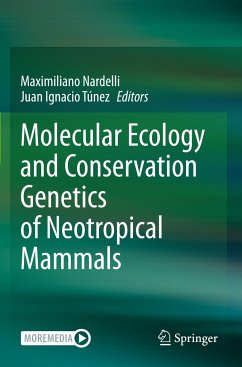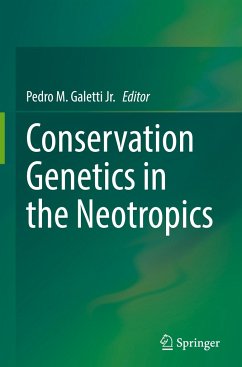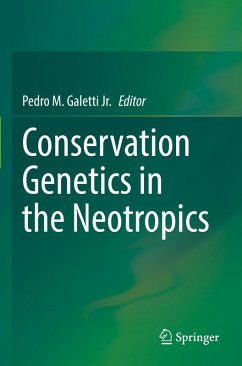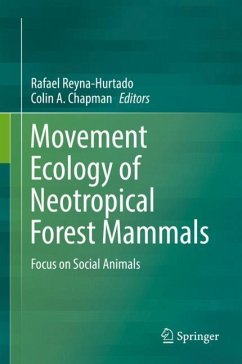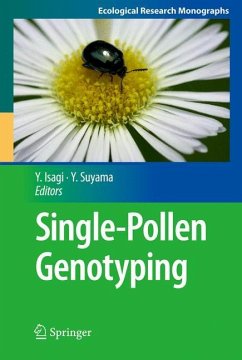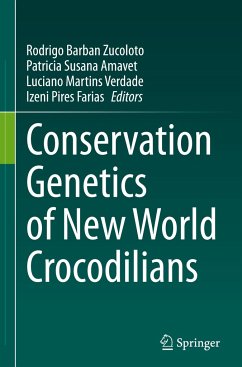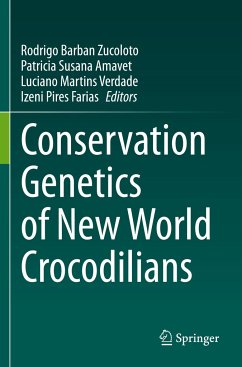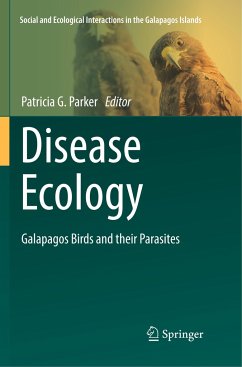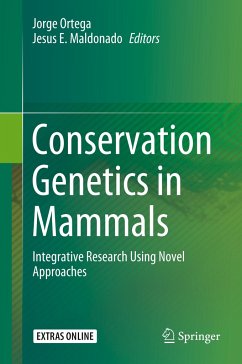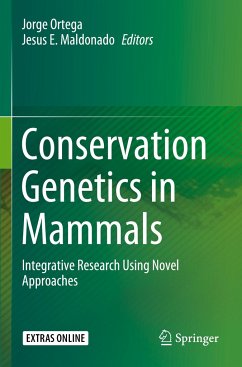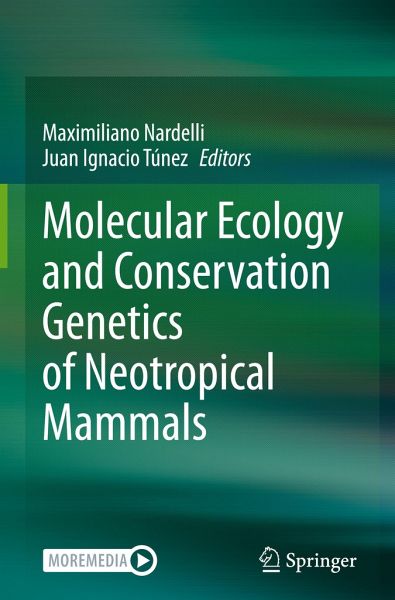
Molecular Ecology and Conservation Genetics of Neotropical Mammals

PAYBACK Punkte
61 °P sammeln!
Although all living beings modify their environment, human beings have acquired the ability to do so on a superlative space-time scale. As a result of industrialization and the use of new technologies, the anthropogenic impact has been increasing in the last centuries, causing reductions in the sizes or the extinction of numerous wild populations. In this sense, from the field of conservation genetics, various efforts have been made in recent decades to provide new knowledge that contributes to the conservation of populations, species, and habitats. In this book, we summarize the concrete cont...
Although all living beings modify their environment, human beings have acquired the ability to do so on a superlative space-time scale. As a result of industrialization and the use of new technologies, the anthropogenic impact has been increasing in the last centuries, causing reductions in the sizes or the extinction of numerous wild populations. In this sense, from the field of conservation genetics, various efforts have been made in recent decades to provide new knowledge that contributes to the conservation of populations, species, and habitats. In this book, we summarize the concrete contributions of researchers to the conservation of the Neotropical mammals using Molecular Ecology techniques.
The book is divided into three major sections. The first section provides an up-to-date review of the conservation status of Neotropical mammals, the applications of the molecular markers in its conservation, and the use of non-invasive and forensic genetic techniques. The secondand third sections present, respectively, a series of case studies in various species or taxonomic groups of Neotropical mammals.
The book is divided into three major sections. The first section provides an up-to-date review of the conservation status of Neotropical mammals, the applications of the molecular markers in its conservation, and the use of non-invasive and forensic genetic techniques. The secondand third sections present, respectively, a series of case studies in various species or taxonomic groups of Neotropical mammals.



